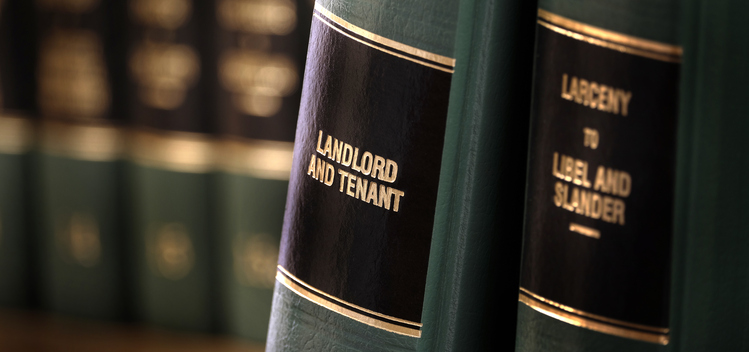Can I sue my landlord for personal injury in Aurora?
Personal Injury - May 2, 2025
One of the benefits of renting is that you aren’t responsible for many of the more expensive repairs of the property. This responsibility falls on the property owner or manager. You may be entitled to recover compensation if your landlord fails to address safety concerns that injure you. An Aurora personal injury lawyer with Horwitz, Horwitz & Associates may be able to help.

How do you determine if your landlord is liable for your injuries?
There are several important factors to consider regarding whether you can sue your landlord for personal injury. Landlord liability can vary from lease to lease, so it is helpful to be familiar with the terms of your rental agreement. This is likely one of the first documents an attorney will request as they investigate your case.
Evidence will be vital when trying to show that your landlord failed to address concerns about a dangerous condition in common areas or your personal residence. You may be eligible to sue them using premises liability laws or a breach of contract, depending on your lease conditions.
What duty of care does your landlord owe to you to keep you safe?
Here are some requirements for the duty of care your landlord owes you, according to the Landlord and Tenant Rights and Laws from the Illinois AG office:
- Maintaining premises that are safe, clean, fit for human habitation, reasonable use, and accessible to people with disabilities.
- The cost of maintenance and repair of any sewer, water, or utility service lines.
- Water and sewer or septic connections
- Maintaining roads, sidewalks, or other paved areas
- Maintaining the appropriate grade to prevent stagnant water
- Maintaining or removing trees that pose a safety risk
Your reason for suing your landlord may not have to apply to direct hazards like those listed above. A landlord is also responsible for reasonable efforts to ensure your safety. These failures may include poor lighting in an area known for being vulnerable to crime or failure to replace a broken lock when tenants suffer injuries in a break-in.
What are some situations that may indicate landlord negligence?
The requirements of a landlord can be vague, allowing for broad interpretation at times regarding what measures are considered appropriate. For example, a situation where an otherwise healthy tree drops a limb on your house in the middle of a storm differs significantly from a large tree that the landlord knew was diseased when it drops a limb on a peaceful day.
The key to most lawsuits is showing evidence that the landlord did or should have known about the issue and that their failure to rectify it caused the injury. Doing so requires a thorough knowledge of demonstrating negligence under personal injury law.
How can you provide evidence of your landlord’s liability?
When you establish that your landlord’s negligence caused your injuries, you may want to contact an attorney to help you through the process. It is very likely your landlord will have an attorney of their own. Some of the evidence you may present in your personal injury lawsuit can include:
- E-mails or text messages indicating you notified your landlord of the problem
- Evidence that the landlord should have otherwise known of the issue
- Photos of the area where the accident occurred
- Documentations of any communication with your landlord about the issue
- Medical bills, scans, and treatment records
- Statements from friends, family, and therapists about your pain and suffering
In addition to documentation, an attorney may utilize witness testimony. This might include people who visited the premises and saw the issue or people who saw the accident.
What should you do if you want to sue your landlord?
Landlords have a responsibility to provide safe and appropriate facilities to their tenants. If your landlord’s failure to meet these obligations caused injuries, you deserve a strong legal advocate to help you pursue the compensation you deserve. Call Horwitz, Horwitz, & Associates at (800) 985-1819 today for a free consultation.


